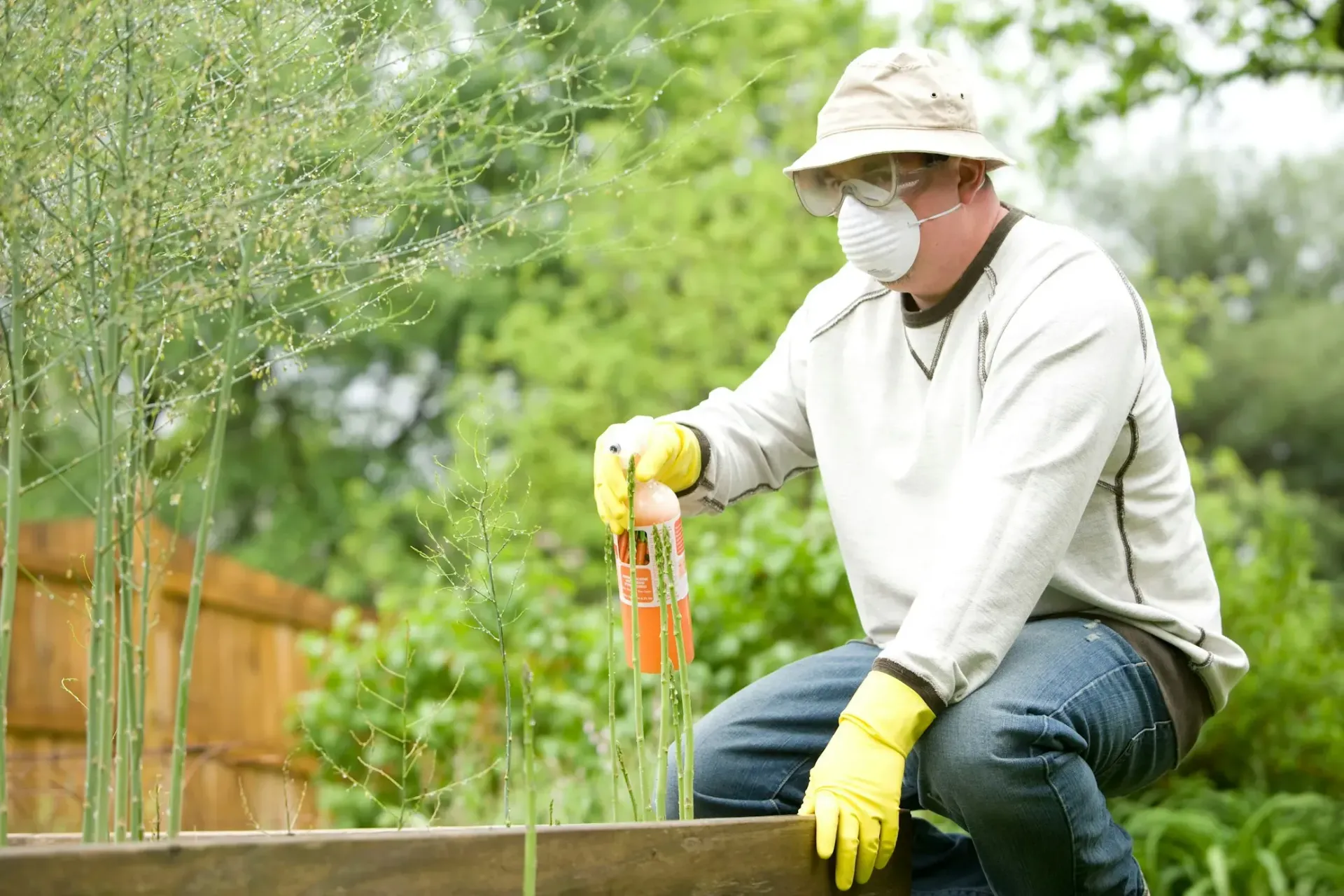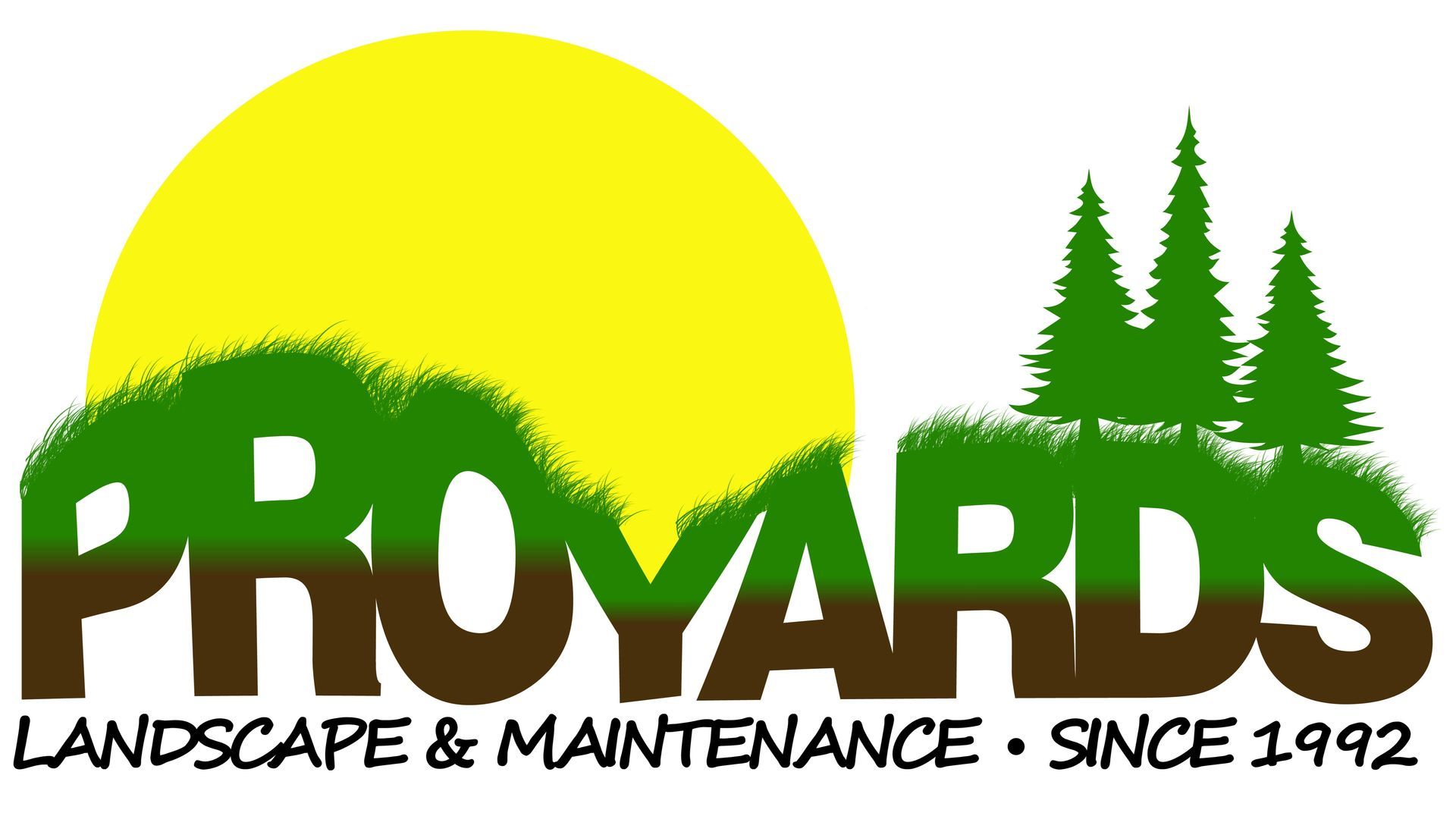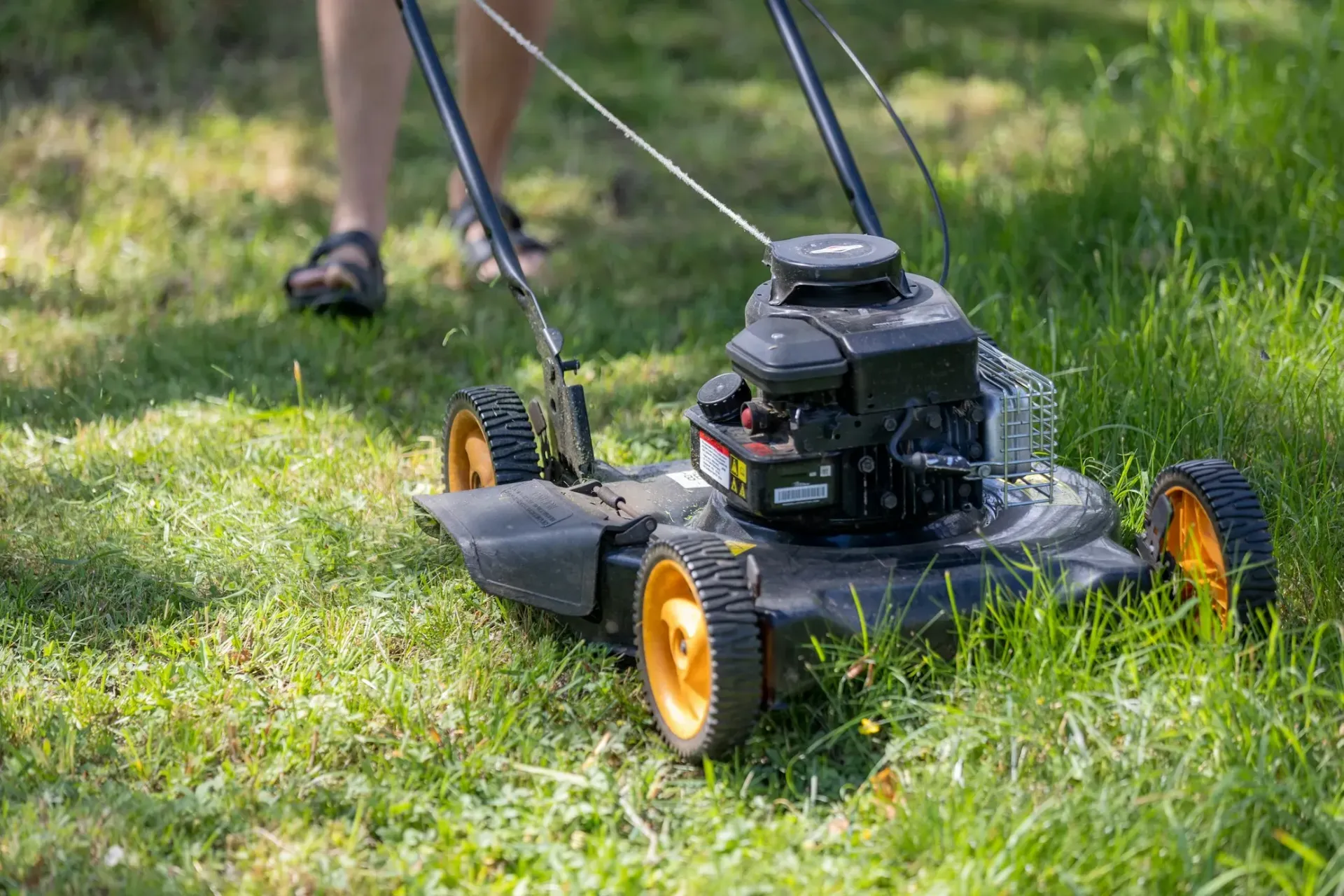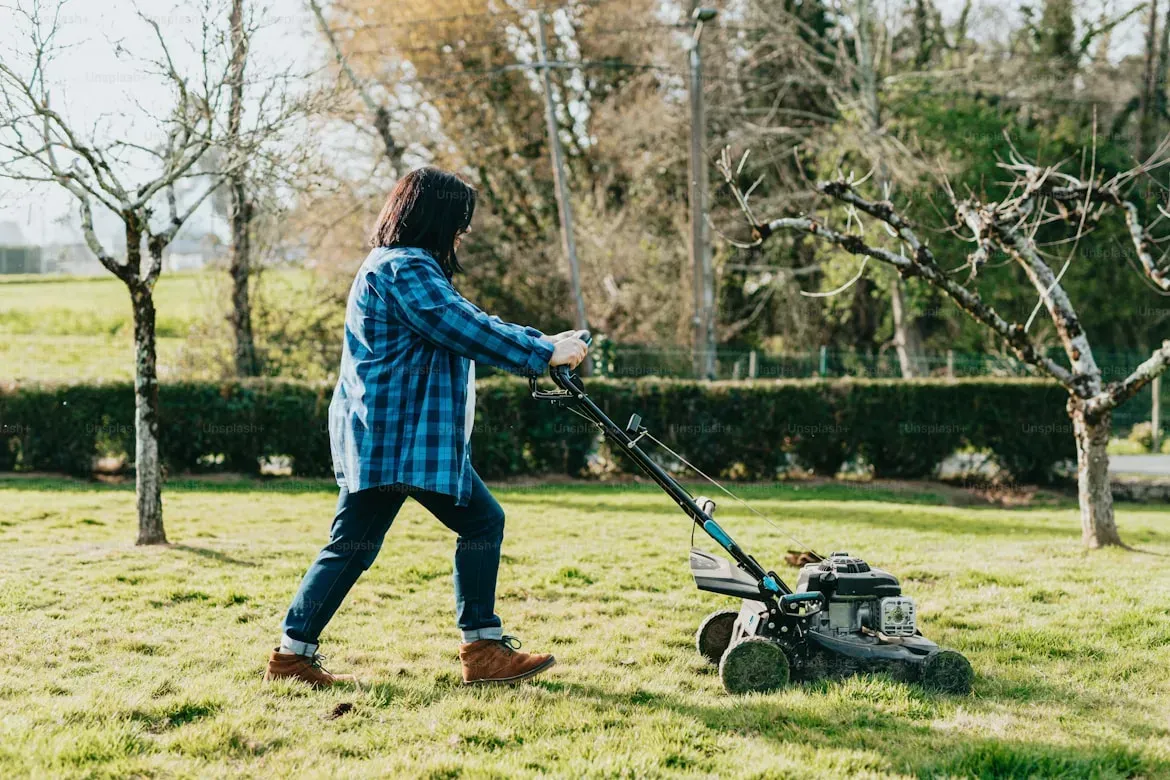
Why Fertilizers Are Important for Plant Growth
Fertilizers are like food for plants, giving them the strength to grow healthy and strong. The soil provides some nutrients, but it's often not enough for plants to do their best. Fertilizers add key nutrients like nitrogen, phosphorus, and potassium, which are essential for plant growth.
Nitrogen helps plants grow green and strong. Phosphorus supports root and flower development. Potassium improves plants' ability to fight off diseases. Using fertilizers ensures that plants get all the nutrients they need, leading to better harvests and healthier soil for future growth. Whether you're growing vegetables in your backyard or farming on a large scale, fertilizers can help your plants thrive.
The Role of Fertilizers in Plant Health
Nutrient Supply
Fertilizers provide the essential nutrients that plants need to grow. While soil contains some natural nutrients, it often doesn't have enough to support optimal plant growth. This is especially true in areas with poor soil quality or where crops are repeatedly grown and harvested.
Why Plants Need These Nutrients
- Nitrogen (N): Vital for making leaves green and promoting lush growth. It is a key component of chlorophyll, the molecule that allows plants to photosynthesize and make their own food from sunlight.
- Phosphorus (P): Supports strong roots and is crucial for flowering and fruiting. It plays a major role in energy transfer within the plant, helping it to develop fully.
- Potassium (K): Boosts the plant's ability to fight off disease, manage drought, and overall improve its resilience. It helps regulate water and nutrient movement in plant cells and enhances enzyme activation.
Types of Fertilizers
To get the most benefit from fertilizers, it's important to choose the right type for your plants and soil. Fertilizers come in various forms, each suited for different needs and conditions. You can learn more about the types of fertilizers and their uses to find the best option for your garden.
How Fertilizers Help
- Correct Nutrient Deficiencies: Fertilizers can correct nutrient deficiencies in soil, ensuring plants get all the elements they need. When plants show signs like yellowing leaves or stunted growth, it often means they lack certain nutrients.
- Boost Growth and Yield: By providing plants with a balanced diet, fertilizers help them grow faster and produce more fruits and vegetables. This means a bigger harvest for farmers and gardeners.
- Enhance Soil Quality: Over time, fertilizers can improve soil structure and fertility, making it more productive for future planting. Some fertilizers also help the soil retain moisture, which is beneficial in dry conditions.
Using fertilizers wisely ensures that plants can grow to their full potential, producing vibrant flowers, lush foliage, and bountiful harvests. This balanced approach supports healthy ecosystems and sustainable farming practices.
Why Plants Need Fertilizers
Addressing Nutrient Deficiencies
Plants need a variety of nutrients to grow, just like people need a balanced diet to stay healthy. While the soil provides some of these nutrients, it often falls short, especially after plants have been growing for a while. This is where fertilizers come in, filling the gaps and ensuring plants get everything they need.
Common Signs of Nutrient Deficiencies
- Yellowing Leaves: Often a sign of nitrogen deficiency. When plants don't get enough nitrogen, their leaves can turn yellow and growth slows down.
- Poor Root Development: Lack of phosphorus can lead to weak root systems, making plants less stable and reducing their ability to take in water and nutrients.
- Weak Stems and Leaves: Without enough potassium, plants may have thin stems and weak leaves, making them more vulnerable to diseases and environmental stresses.
Enhancing Growth and Yield
Fertilizers are a key factor in helping plants reach their full potential. They do more than just make plants look better—they actually improve how plants function.
Benefits of Using Fertilizers
Improved Soil Fertility
One of the main benefits of using fertilizers is their ability to enhance soil fertility. Fertilizers replenish essential nutrients that are often depleted over time due to continuous planting and harvesting. By restoring these nutrients, fertilizers help maintain the health of the soil, ensuring it remains productive for future crops.
How Fertilizers Improve Soil Fertility
- Nutrient Replenishment: Fertilizers add back the nutrients that plants have used up, keeping the soil rich and fertile.
- Soil Structure Enhancement: Some fertilizers, especially organic ones, improve soil texture and structure, allowing for better water retention and root growth.
- Long-term Soil Health: Consistent use of fertilizers can lead to healthier soil, reducing the need for other soil amendments and interventions.
Increased Plant Resilience
Fertilizers not only promote growth but also enhance plants' resilience to various challenges. By providing a well-rounded supply of nutrients, fertilizers help plants become more robust and capable of withstanding stress.
Ways Fertilizers Boost Resilience
- Disease Resistance: Well-fed plants have stronger immune systems, making them less susceptible to diseases and pests.
- Environmental Stress Management: Adequate nutrition helps plants cope better with environmental stresses like drought, heat, and cold.
- Improved Recovery: Fertilizers aid in quicker recovery from damage caused by pests, weather, or human activity.
For tips on safely using fertilizers to maximize these benefits without harming yourself or the environment, check out our guide on fertilizer safety.
Using fertilizers effectively can lead to healthier, more productive plants and soil, ensuring a successful gardening or farming experience. By understanding and applying fertilizers properly, gardeners and farmers can enjoy bountiful harvests while maintaining sustainable practices.
Responsible Fertilizer Application
Best Practices for Application
Applying fertilizers correctly is key to maximizing their benefits and minimizing potential harm. Proper application ensures that plants receive the right amount of nutrients without overloading the soil or causing environmental damage.
Key Tips for Effective Fertilizer Application
- Follow Recommended Rates: Always use the recommended amount of fertilizer as indicated on the packaging. Too much fertilizer can damage plants and lead to nutrient runoff, which harms waterways.
- Apply at the Right Time: Timing is important. Apply fertilizers when plants are actively growing and can best absorb nutrients, such as during the early growing season.
- Choose the Right Method: Different methods suit different types of fertilizers and plants. Common application methods include broadcasting, banding, and foliar spraying.
- Water After Application: Watering after applying fertilizers helps move nutrients into the soil and prevents them from evaporating or being washed away by rain.
Avoiding Over-Fertilization
Over-fertilization can lead to problems like nutrient burn, where plants take in too much of a particular nutrient, causing damage to leaves and roots. It can also contribute to environmental issues like water pollution.
Signs of Over-Fertilization
- Yellowing or Browning Leaves: Plants may show yellow or brown tips if they've absorbed too much fertilizer.
- Crusty Soil Surface: A white crust on the soil surface can indicate excess fertilizer buildup.
- Stunted Growth: Ironically, too much fertilizer can actually stunt plant growth by creating an imbalance in nutrient availability.
For more detailed guidance on choosing the right fertilizer and application methods, refer to our article on types of fertilizers.
Sustainable Fertilization Practices
Adopting sustainable practices when applying fertilizers is essential for protecting the environment and maintaining healthy soil over the long term.
Sustainable Practices Include
- Using Organic Fertilizers: Organic fertilizers release nutrients more slowly and are less likely to cause pollution than synthetic options.
- Precision Agriculture: Techniques like soil testing and site-specific nutrient management help apply the right amount of fertilizer where it’s needed most.
- Composting: Incorporating compost into your fertilization routine provides a natural source of nutrients and improves soil structure.
Responsible fertilizer application not only supports plant health and growth but also helps protect the environment. By following best practices and opting for sustainable methods, gardeners and farmers can enjoy productive, eco-friendly gardens and fields.
Choosing the Right Fertilizer
Analyzing Soil Needs
Selecting the right fertilizer starts with understanding the specific needs of your soil and plants. Soil testing is a simple and effective way to determine which nutrients are lacking in your soil. This ensures you’re providing your plants with exactly what they need to thrive.
Steps to Analyze Soil Needs
- Conduct a Soil Test: Purchase a soil test kit from a garden center or send a sample to a local agricultural extension office. Testing reveals nutrient levels, pH balance, and other important soil characteristics.
- Identify Nutrient Deficiencies: Review the soil test results to identify any deficiencies. This will guide your choice of fertilizer, ensuring it addresses the specific needs of your plants.
- Consider Soil pH: Certain nutrients are more available to plants at specific pH levels. If your soil's pH is too high or too low, it may affect nutrient uptake, even if nutrients are present.
Selecting Fertilizers Based on Plant Type
Different plants have different nutrient requirements, so it's important to choose a fertilizer that matches the needs of the plants you're growing.
Types of Fertilizers and Their Uses
- Balanced Fertilizers: Ideal for most garden plants, providing equal amounts of nitrogen, phosphorus, and potassium. Use these for general-purpose gardening.
- High-Nitrogen Fertilizers: Great for leafy vegetables like lettuce and spinach. They promote lush, green growth.
- High-Phosphorus Fertilizers: Best for flowering plants and root crops, as they encourage strong root systems and blooming.
- High-Potassium Fertilizers: Suitable for fruiting plants like tomatoes and peppers, helping them produce healthy fruits.
For more information on the different types of fertilizers and their specific uses, refer to our detailed guide on types of fertilizers.
Choosing the right fertilizer involves understanding your soil’s unique needs and matching them with the right nutrients for your plants. By taking a thoughtful approach, you can ensure your plants receive the nutrients they need for optimal growth and health, leading to successful gardening and farming.
Conclusion
Fertilizers are essential tools for gardeners and farmers who want to ensure healthy, robust plant growth. By understanding the role of fertilizers and applying them responsibly, you can maximize your plants' potential while minimizing any negative environmental impact. Whether you're growing vegetables, flowers, or maintaining a lush lawn, fertilizers can make a significant difference in your gardening success. They provide plants with essential nutrients, correct deficiencies, and promote strong growth and resilience.
By choosing the right type of fertilizer and applying it correctly, you can enjoy vibrant plants, abundant harvests, and a thriving garden or landscape. Remember to conduct soil tests to determine your specific nutrient needs, use fertilizers according to the recommended guidelines, and adopt sustainable practices to protect the environment.
If you're looking for expert yard care services in Salt Lake City, Lehi, Saratoga Springs, Eagle Mountain, or American Fork, look no further than ProYards.
We are committed to providing top-notch services in Salt Lake, Davis, and Utah counties. Whether you need fertilization, hardscapes, irrigation, landscaping, lawn care, tree service, or pest control, our fully licensed and insured team is ready to transform your outdoor space into a stunning oasis.
At ProYards, we understand the importance of having a beautiful and healthy lawn. Our expertise and dedication guarantee high-quality results every time. From the initial consultation to the final touches, we prioritize professionalism, attention to detail, and customer satisfaction.
Transform your yard with ProYards and experience the best in yard care services. Contact us today to schedule a consultation and take the first step toward a beautiful outdoor space. Visit our website or call us to learn more about our services and how we can help you achieve the perfect yard.
Our Services
Contact Information
Phone: (801) 254-2890
Email: proyardcustomers@gmail.com
Business Hours
- Mon - Fri
- -
- Sat - Sun
- Closed
Area We Serve
All Rights Reserved | Proyards









